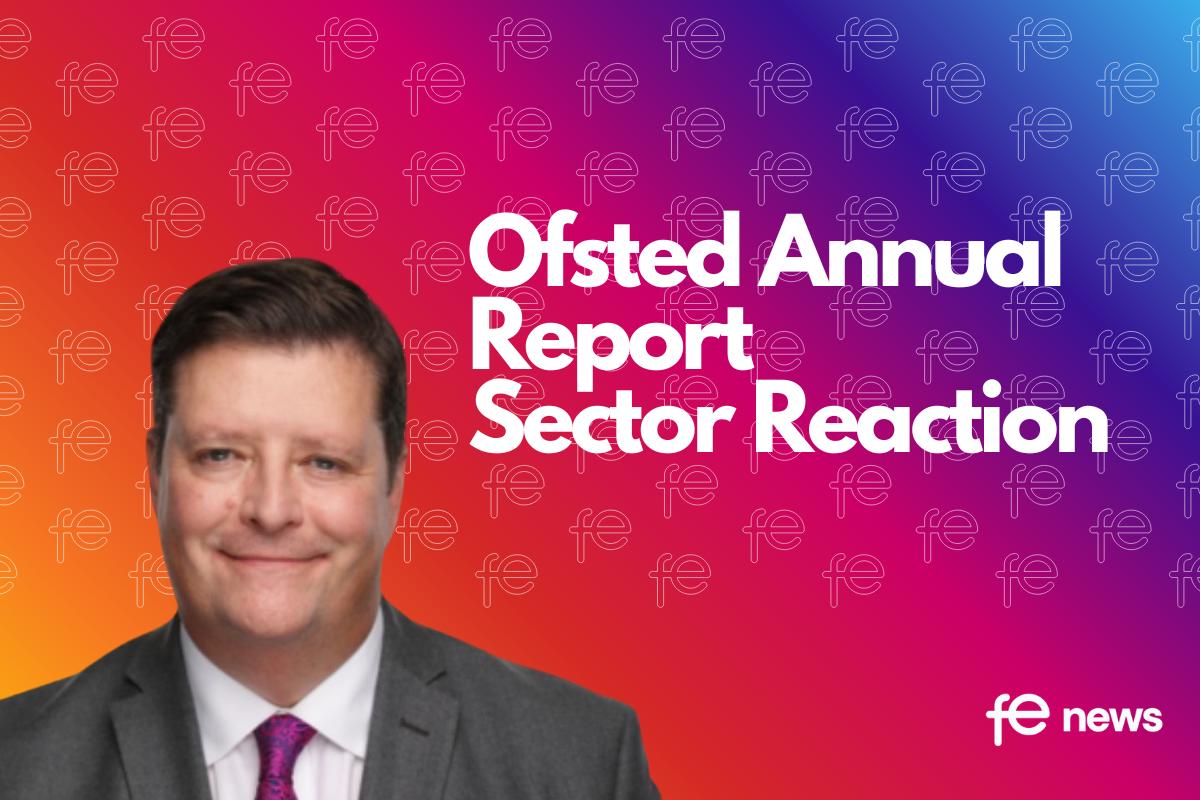Covid-19 and Brexit: The Impact on Industry, Jobs and Skills

Structural Impact
At a structural level, Covid-19 will simply exacerbate pre-existing weaknesses in our economy, namely too great a reliance on a low wage, low productivity, low road model in too many sectors and a poor record of investment in plant, equipment, R&D and skills.
Experience from earlier recessions suggests that a ‘slash and burn’ approach to dealing with hard times is prevalent as a management strategy. Coupled with this, there is also the risk that in uncertain times many employers will try to increase their use of contingent labour – labour by the hour – and as a result the gig economy, with all the problems this brings, not least for young people trying to achieve a secure footing in the labour market, will grow.
Some have argued that Brexit might drive the re-shoring of work, as firms seek to simplify and shorten their supply chains in order to reduce border controls and tariffs. At present there is no way of knowing the potential scale of this development, and it is also possible that where UK operations are foreign-owned, the multinational company may decide that the best way to proceed is to relocate the entire production process to a non-UK base.
There is also speculation that the experience of remote working during the lockdown will drive far greater digitalisation of the economy and the delivery of goods and services. This is plausible, but we need to remember that UK organisations’ long-term record on investment in plant and equipment is lamentably weak, and that many firms will be cash starved and unable or unwilling to make new investments in digital technologies (or indeed anything else).
Employment Impact
Indications suggest we are heading for a youth unemployment crisis on a scale unseen since the early 1980s. As the academic year ends, school, college and university leavers are going to emerge into a labour market where new hires will be a rarity. Where will the worst problems be located? Sectors which employ a high proportion of younger workers are those that have been and will continue to be hardest hit by Covid – retail, leisure, hospitality, catering and tourism.
In terms of groups of young people, some clear losers can already be identified – BAME people, those with disabilities, those with learning difficulties, those with mental health problems, lower achievers and those living in areas of the country where the local economy is still struggling with the cumulative structural impacts of earlier recessions. The recession will not be over quickly.
Education and Skills
Although the scale of youth unemployment may rival the early 1980s, the challenges will be very different. The advent of mass higher education means that a significant proportion of education leavers will be graduates with 16 years (or more) of full-time education and an honours degree already under their belt. In normal times, the vast majority would get a job. Their problems are not primarily to do with a lack of skills or qualifications. Many will be in need of more work experience. Graduate unemployment and under-employment will put graduate earnings under renewed pressure, particularly for those who have to trade down in the labour market to get a job. This, in turn, will reduce repayments to the Student Loan Company and hence increase the RAB charge that government pays to meet the gap between money loaned out and repayments. The funding of higher education – based on fee and maintenance loans for full-time and part-time students – as well as a small element of adult re-skilling also funded through fee loans will become even more problematic.
New Jobs and Employer Skills
A key medium-term impact of Covid-19 and Brexit will be increasing reluctance by employers to offer secure employment and investment in skills. In terms of adult skills, employer investment in education and training, and also the number of hours per year per employee of training that is being provided, have both been falling, the latter by 60% between 1997 and 2017. Skills is an area of where employer investment tends to decline in a recession and there is no reason to think that the coming downturn will be any different.
Issues for Post-16 Policy Makers
If economic uncertainty and weak private investment are the backdrop to the white paper, policy makers should consider the following actions.
An integrated all-age careers, advice, guidance and labour market transitions support service (covering DfE, DWP, JobCentre Plus, LEPs and other actors) will be required, not just to deal with the immediate unemployment crisis, but to facilitate a more dynamic and inclusive labour market.
A strategy for securing, supporting and allocating work experience across school, college and university students needs to be developed and delivered. We know that work experience is critical to helping young people get a ‘foot in the door’ for job opportunities. Fragmented ‘asks’ from an uncoordinated multitude of different providers delivering schemes funded by DfE on the one hand and DWP on the other will overwhelm employers unless we systematise and coordinate supply and demand.
The Augar Review proposals remain pending. Action is urgently required to develop a high-quality sub-degree route, as exists in many other developed countries.
The policy vacuum around adult skills and lifelong learning finally needs to be filled. The Augar Review’s proposals concerning new funding for adult learning should be addressed. New provision in the form of bite-sized, credit-bearing courses from which whole qualifications can be built up over time are urgently needed.
Economic development and business improvement ‘sector recovery plans’ will be required for key industries. They should be backed by a whole government support strategy.
And in the longer term, a clear set of employer rights, roles and responsibilities with regard to education and training (for new entrants and adult workers) needs to be established and agreed. We should be moving from employers as semi-detached customers to partners and co-producers within an education and training system.
Ewart Keep, Oxford University.
In the immediate aftermath of the Covid-19 pandemic, it is easy to forget that there were wider revolutionary forces at work on the UK’s economy before the virus outbreak.
With issues such as Brexit, the rise of automation in the workplace, longer working lives, and poor UK productivity brought into even sharper focus, education and skills organisations, NCFE and Campaign for Learning (CfL), jointly commissioned the ‘Revolutionary Forces’ discussion paper.
Published on 6 July 2020, the collection of articles, penned by experts from the FE sector, as well as labour market economics, employment and mental health, urges Government to ensure that the plans outlined in the forthcoming post-16 white paper are sufficiently flexible to meet the immense changes faced by the UK economy throughout the 2020s. The authors explore some of the key challenges facing the nation throughout the 2020s which the DfE needs to take into consideration when writing their recommendations:
The authors are:
- Rt Hon. David Laws, Executive Chairman, Education Policy Institute – Covid-19: Mending the Economy, Repairing the Public Finances
- Paul Nowak, TUC – The Covid-19 Inheritance: Building a Fairer and Greener Britain
- Ewart Keep, Oxford University – Covid-19 and Brexit: The Impact on Industry, Jobs and Skills











Responses